Photographs: Courtesy Gud2Eat.com Courtesy Gud2Eat.com
Here are a few foods for fitness buffs, that will help build up and energise muscles.
If you want to get toned and show off a ripped physique, you need to include the following muscle-friendly foods in your diet -- explanations as to how they help you accompany each!
1. Almonds
Almonds are a good source of protein, which is essential for the body to repair and build muscle after working out. Its fibre content helps fight food cravings.
Almonds are also loaded with Vitamin E -- the alpha-tocopherol kind that's best absorbed by your body and helps prevent free-radical damage that occurs after heavy workouts, indirectly speeding up the muscle recovery process.
2. Beans
Image: BeansPhotographs: Courtesy Gud2Eat.com
Toss beans in salads or eat them with whole wheat pasta or brown rice. Beans are an inexpensive, perfect post workout meal as they are rich in both protein and carbs.
Besides complex protein and carbohydrates, they are loaded with dietary fibre that helps maintain a healthy cholesterol level. Many fail to understand that the vproper amount of dietary fibre plays a stabilising role vital for building muscle mass.
3. Spinach
Image: SpinachPhotographs: Courtesy Gud2Eat.com
Spinach contains phytoecdysteroids, which increase the development of muscles and in turn muscle strength. It is also alkaline in nature and helps balance the acidic environment created by protein foods, thus preventing muscle and bone loss.
Spinach is packed with antioxidants like Vitamin A, Vitamin C and folates that protect against free radical damage after intense exercise.
4. Dairy products
Image: Dairy productsPhotographs: Courtesy Gud2Eat.com
One cup of milk contains about nine grams of protein, and like other low-fat dairy products like yoghurt and cheese, helps refuel muscles and speed up muscle recovery.
Low-fat milk is a healthy mix of both carbohydrates and protein and makes an ideal drink post a workout session.
5. Oatmeal
Image: OatmealPhotographs: Courtesy Gud2Eat.com
Oats are rich in fibre and low on the glycemic index -- thus the carbohydrate content/sugar they contain is released gradually into your bloodstream, keeping you energetic for a couple of hours.
Oatmeal is also a good source of B vitamins, which help lower stress and energise by converting carbs into energy.
6. Eggs
Image: EggsPhotographs: Courtesy Gud2Eat.com
Eggs are rich in complete proteins, which helps promote muscle growth and recovery. A large hard-boiled egg contains about six grams of protein.
Since egg yolks are cholesterol-rich, you may want to eat more egg white. Combine it with carbohydrates, as your muscles become depleted of glycogen during a workout and they need to be replenished.
7. Turkey
Image: TurkeyPhotographs: Courtesy Gud2Eat.com
Turkey is rich in a classic muscle-building nutrient -- protein.
How about a turkey whole grain sandwich? It's a cool mix of carbohydrates and protein post a workout, which will take the edge off your hunger, fuel your muscles with glycogenand speed up muscle repair.
Turkey is not only rich in protein, but is also a good source of the antioxidant trace mineral Selenium.
8. Beef
Image: BeefPhotographs: Courtesy Gud2Eat.com
Beef is one of the top food sources for the amino acid creatine, which your body uses when you lift weights. But consume with discretion, as beef also contains saturated fats -- look for extra-leans cuts.
The meat is also rich in iron and Zinc 2 nutrients that are crucial for muscle-building or protein synthesis.
9. Peanut butter
Image: Peanut butterPhotographs: Courtesy Gud2Eat.com
Peanut butter, though high in calories, is rich in heart-healthy monounsaturated fats that can increase your body's production of testosterone, which can help your muscles grow as well as speed up the muscle recovery process. Peanut butter is also a good source of protein, Vitamin E, niacin and magnesium.
Limit yourself to only two or three teaspoons of peanut butter a day, as it is calorie-rich.
10. Salmon
Image: SalmonPhotographs: Courtesy Gud2Eat.com
Salmon is not only rich in protein, it contains omega-3 fatty acids that help reduce muscle protein breakdown and muscle inflammation, thereby improving muscle recovery.
Salmon also contains many nutrients that help in reducing the risk of heart disease and diabetes.

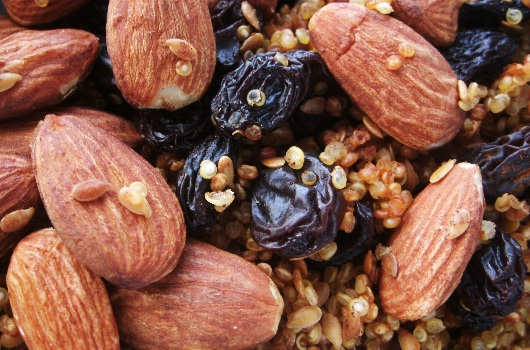
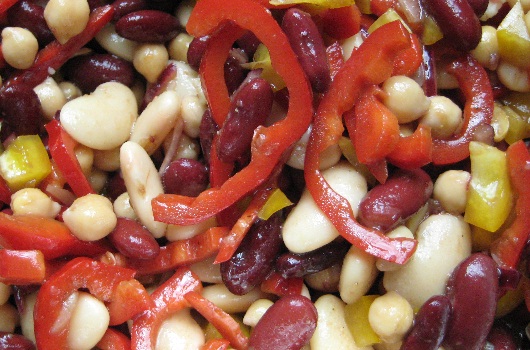
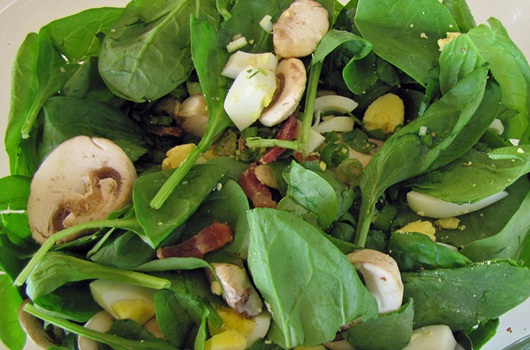
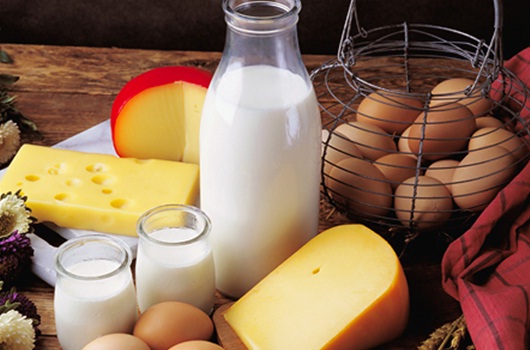
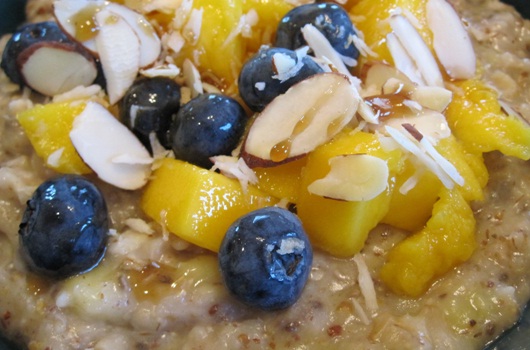
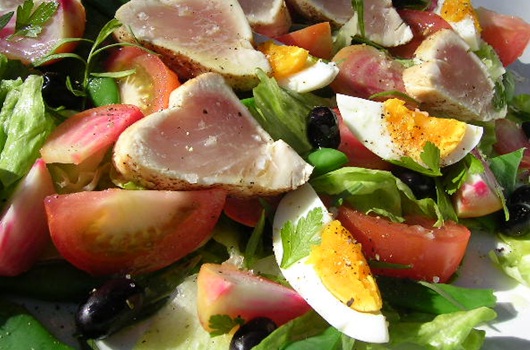
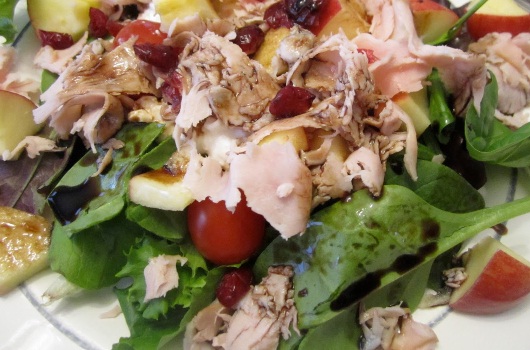
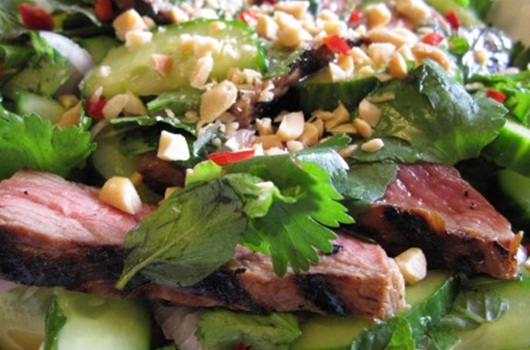
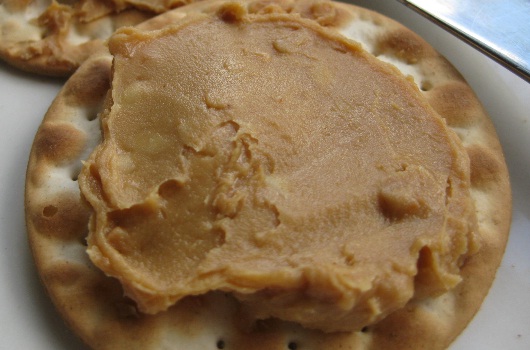
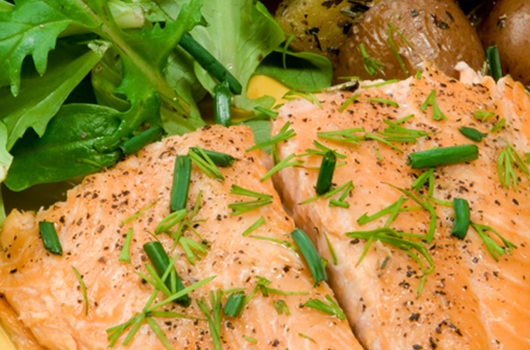
Comment
article